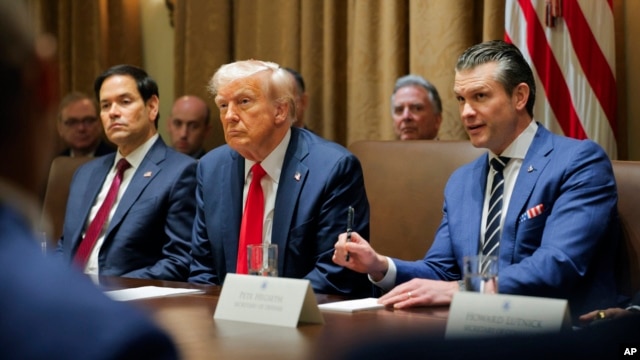Donald Trump’s new administration
Trump’s administration

Secretary of Defense
Pete Hegseth confirmed
A combat veteran, Hegseth has advocated for a more muscular military policy and denounced current Army leadership for its diversity initiatives. He has also criticized U.S. assistance to Ukraine and funding to NATO and the United Nations, while pledging continued support for Israel.
Read more: US Senate approves Hegseth as defense secretary by 51-50 vote
What is the Department of Defense?
The U.S. Department of Defense provides the country’s military forces, and its head acts as second in command of the U.S. military after the president. Serving the same functions as a defense minister in other countries, the secretary of defense has the authority to set military policy, communicate with congressional committees and issue medals and awards.

Secretary of Education
Linda McMahon confirmed
Known for running the world’s largest professional wrestling promotion, McMahon served as the head of the Small Business Administration during Trump’s first term. As a supporter of charter schools and voucher programs, McMahon will be charged with heading a federal department that Trump’s campaign has pledged to eliminate.
Read more: Senate confirms education chief McMahon as Trump pushes to close department
What is the Department of Education?
The U.S. Department of Education establishes federal education policy and coordinates federal assistance to state education programs. It also collects data on U.S. schools and enforces federal education laws regarding privacy and civil rights.
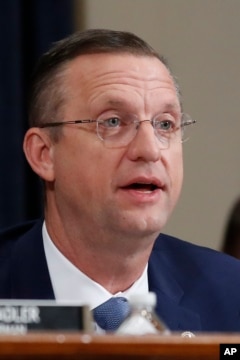
Secretary of Veterans Affairs
Doug Collins confirmed
Representing one of the most Republican districts in the eastern U.S., Collins has opposed abortion, same-sex marriage and the Affordable Care Act, as well as climate change legislation. He has also been a staunch Trump ally, praising the assassination of Iranian General Qassem Soleimani and supporting efforts to contest the 2020 election results.
What is the Department of Veterans Affairs?
The U.S. Department of Veterans Affairs provides medical care, benefits and other support to veterans of the United States Armed Forces. The agency operates hundreds of facilities nationwide and is responsible for administering benefits programs for veterans, as well as their families and survivors.
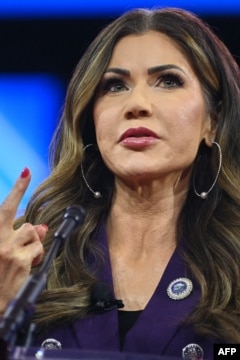
Secretary of Homeland Security
Kristi Noem confirmed
As South Dakota’s first female governor, Noem pursued conservative policies such as banning abortion, abolishing gun restrictions and deploying the National Guard to the U.S.-Mexio border.
Read more: US Senate confirms Noem as homeland security secretary
What is the Department of Homeland Security?
The U.S. Department of Homeland Security is responsible for public security, much like the Interior or Home ministries of other countries. Its stated mission involves anti-terrorism, border security, immigration and customs, cybersecurity, and disaster prevention and management.
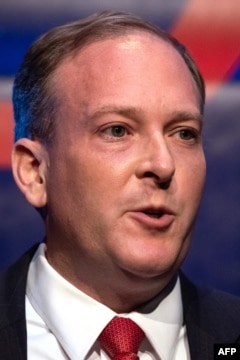
Administrator of the Environmental Protection Agency
Lee Zeldin confirmed
A conservative attorney from Long Island, New York, Zeldin unsuccesfully ran for the state’s governor in 2022. During his congressional career, he opposed same-sex marriage and abortion, while supporting tax cuts and voting to roll back environmental regulations. Zeldin was a consistent advocate for Trump and opposed his impeachment.
What is the EPA?
The U.S. Environmental Protection Agency was created in 1970 to protect human health and maintain national environmental standards. It conducts environmental assessment, research and education, as well as writing and enforcing environmental regulations passed by Congress.
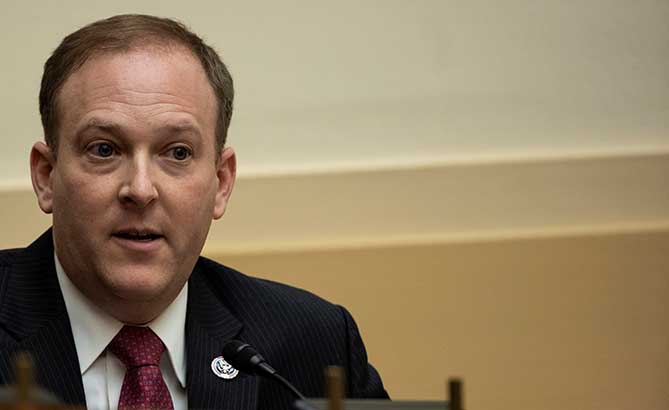
"We can and we must protect our precious environment without suffocating the economy. A big part of this will require building private sector collaboration to promote common sense smart regulation that will allow American innovation to continue to lead the world."
Lee Zeldin,
Administrator of the Environmental Protection Agency
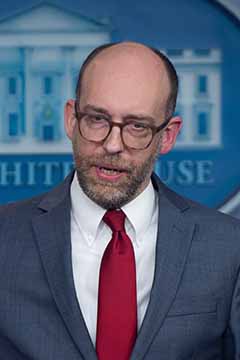
Director of the Office of Management and Budget
Russell Vought confirmed
Vought is a longtime conservative Christian activist associated with the Heritage Foundation think tank. As OMB director during Trump’s first term, he sought to remove funding for any programs relating to “critical race theory” and opposed efforts to impeach the president.
Read more: US Senate confirms Trump budget director pick Vought
What does the Office of Management and Budget do?
The Office of Management and Budget (OMB) is the largest part of the Executive Office of the President and is responsible for the government’s day-to-day operations. Besides preparing the federal budget, the OMB supervises its implementation by coordinating between agencies, reviewing their activity and communicating directly with the president.
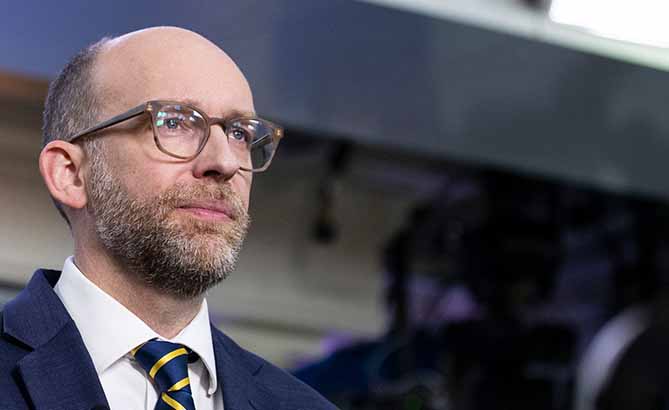
"Today, 78% of Americans do not feel confident that their children will lead better lives than they have — nearly double the 40% of Americans who said the same two decades ago. When I look at government waste and our national debt, I know I fear for my daughters’ futures."
Russell Vought,
Director of the Office of Management and Budget
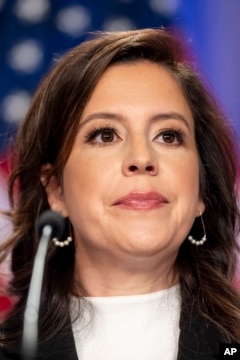
Ambassador to the United Nations
Elise Stefanik
Intially a moderate Republican, Stefanik emerged as a supporter of Trump, opposing his impeachment and backing his claims that the 2020 election was stolen from him. She later gained national attention for her backing of Israel and aggressive questioning of university presidents over the question of antisemitism on college and university campuses. | Read more.
What does the Ambassador to the U.N. do?
The permanent representative of the United States of America to the United Nations represents the United States on the U.N. Security Council and during almost all plenary meetings of the General Assembly, except when a more senior U.S. officer, such as the secretary of state or the president, is present.
Trump’s administration
Explore the full list of nominees
A look at President Donald Trump’s nominees for key positions in his administration. | Explore the full list


